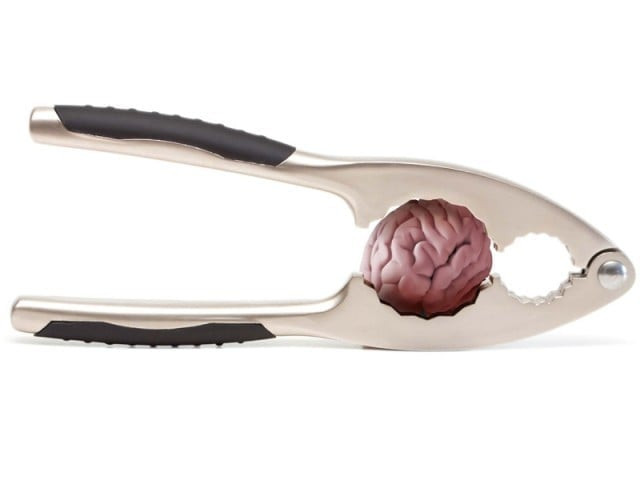From shrines to the couch: Psychiatrists discuss how to deal with patients
Music, qawwali, dhamaal and general atmosphere of the place helped them relax.

From shrines to the couch: Psychiatrists discuss how to deal with patients
While discussing the ‘faith healing’ culture at the Pakistan Association for Mental Health (PAMH) house on Sunday, he said on a monthly basis he received three - maybe four patients but if he went to a shrine there would be more than a hundred people there searching for a solution to their problems. He added that the music, qawwali, dhamaal and general atmosphere of the place helped them relax. According to him, more than 60 per cent of the people went to shrines while the rest went to psychiatrists.
The PAMH President and a renowned psychiatrist Dr S Haroon Ahmed said that the prevalence of mental health disorders had increased in Pakistan between 30 and 60 per cent and that there was a dearth of trained psychiatrists in the country. He added that there was a discrepancy between the supply and demand because there are 180 million people in the country and only 419 psychiatrists.
While talking about mental health and new challenges, Dr Ahmed said that history was repeating itself as a similar situation was witnessed in 1995. “The stress level has gone up with the passage of time because of the rising violence in the shape of target killings,” he said. “There are other indirect causes of vulnerability which require to be dealt at the government and policy maker’s levels such as poverty reduction, promotion of universal education, provision of proper housing, safe environment and war.” He added that load shedding and gender discrimination were factors which caused discomfort on a daily basis.
John Hopkins Fellow Dr Rubeena Kidwai discussed the General Health Questionaire -a list of 12 questions which helps gather information about the mental stress levels. She said that in order to conduct a survey they had divided Karachi into five districts and then proceeded further depending if the community or people were willing to participate. She added that they then selected a house randomly and then went ahead to interview people over the age of 18. The survey showed that one out of every five people was under stress. “A population based study can be factual but whenever we talk in terms of a percentage we talk about people living in rural areas - not urban. We have not managed to conduct surveys in urban areas as yet.”
While talking about law and mental health a retired Supreme Court Judge mentioned that the only law dealing with mental health problems came in 2001 but nothing has been done about it as yet.
Published in The Express Tribune, October 10th, 2011.



















COMMENTS
Comments are moderated and generally will be posted if they are on-topic and not abusive.
For more information, please see our Comments FAQ